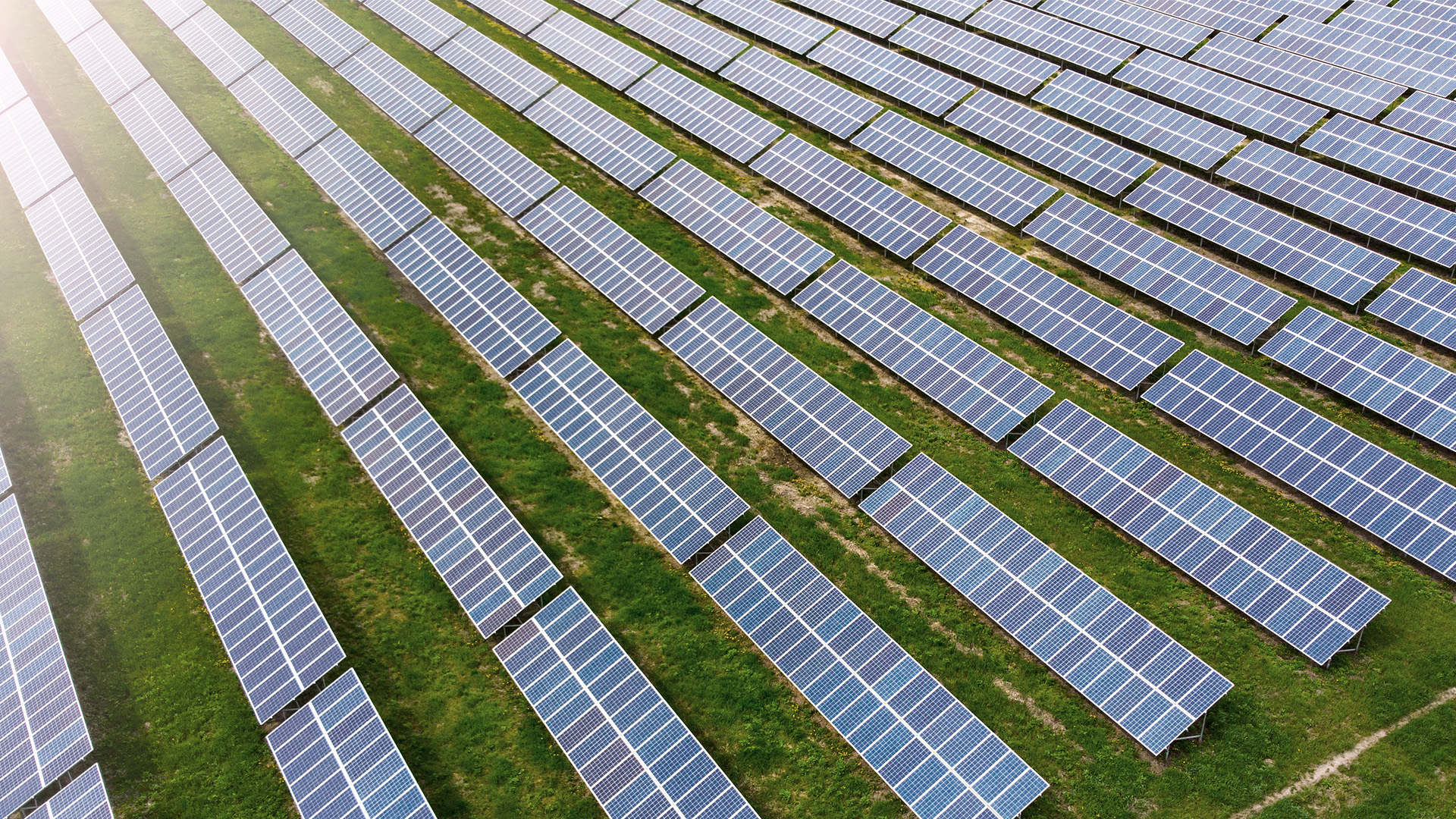Capital gains from indirectly-owned Finnish real estate subject to tax in future
Capital gains tax on real estate, interest deduction limitations and support for household electricity bills – a lot going on in taxation


Anette Laitinen
Related services
On 17 November 2022 the Ministry of Finance published government proposal HE 279/2022, which proposes that the Income Tax Act be amended so that income acquired by indirect disposal of immovable property would in future be deemed income received from Finland. For example, income received from the sale of shares in a foreign company that owns immovable property in Finland through another company would be subject to tax in Finland after the amendment. The amendment would make it possible for Finland, as regards the most recent tax treaties, to use the power to levy taxes in indirect real estate disposals as the state in which the immovable property is located.

The Government proposes amending section 10 of the Income Tax Act in such a way that profit received from indirect disposal of immovable property is also considered income received from Finland. After the amendment, profit from disposal of shares in a foreign real estate holding company and from disposal of units in a limited partnership investing in real estate would also be considered income received from Finland. In addition, profit received from disposal of assets managed for the benefit of another person would in future be income received from Finland.
The government proposal estimates that the impact of the amendment on tax income is incidental and depends on whether the immovable property owned indirectly in Finland is sold and which tax treaty is applied to the disposal. Approximately half of the tax treaties made by Finland are in line with the old model and do not allow for the taxation of indirect disposal of real estate. These tax treaty countries include the Netherlands, Belgium, Austria, Luxembourg and France. In addition, applying the power to levy taxes requires that the seller cannot be considered to have the same status as a tax-exempt operator in Finland.
In connection with the amendment, it is also intended to withdraw the reservation made to the Multilateral Instrument. Withdrawing the reservation would allow for supplementing some of the old tax treaties with the right to levy taxes on income received from indirect disposal of real estate, similarly to the current OECD model, without bilateral tax treaty negotiations.
Parliament is currently reviewing the government proposal, and the act is intended to enter into force in the spring of 2023.
Interest deduction limitations amended again – changes to balance sheet exemption and the derogation concerning infrastructure projects
Interest deduction limitations were amended as of the beginning of 2023. The Government approved government proposal HE 202/2022 concerning the amendment of interest deduction limitations in November. The amendment tightens the requirements that the current act sets out for receiving balance sheet exemption based on balance sheet comparison and widens the scope of application of the derogation concerning infrastructure projects.
In future, the amount of paid interest as well as the application requirements for balance sheet exemption that is based on balance sheet comparison affect the application of the derogation. The balance sheet exemption will not be applied in future if the amount of interest paid to parties that own a significant shareholding in a group company is at least 20% of all interest paid outside the group.
In addition, the provision on limitations of deductibility was amended in such a way that a privately owned entity that is carrying out a long-term public infrastructure project ordered by a public body may in future deduct non-deductible net interest expenses paid to parties outside the sphere of interest.
The purpose of the amendments is to limit opportunities to transfer income beyond the reach of Finnish taxation by using the derogation based on balance sheet comparison in private equity investment and other corresponding structures. The amendments are in line with the entry in the Government Programme about assessing whether the current regulations on interest deduction limitations and tax evasion are sufficient to prevent transferring taxable income beyond the reach of Finnish taxation, for example, in private equity structures.
For long-term public infrastructure projects, the goal of the proposal is to prevent the application of the general interest deduction limitation provision to infrastructure projects that have been ordered by public bodies and are carried out in part or in full by privately owned entities. The purpose is to ensure that any tax burden caused by the interest deduction limitations would not fall on the implementation of socially important infrastructure projects financed from taxation. The amendments do not concern the deduction limitations for interest paid by such entities to their related companies. This kind of interest is still subject to the interest deduction limitations. The derogation concerning long-term public infrastructure projects only applies to interest paid to third parties and the related companies of any public body owners.
The derogation based on balance sheet comparison will be first applied to the taxation for the year 2023. The derogation concerning public infrastructure projects will be applied retrospectively starting from the taxation for the year 2019.
State supports households in electricity bills
The Government announced in the fall that it will implement support measures to help households that receive large electricity bills. These support measures include a reduction in the VAT rate applied to electricity, granting households tax credit for electricity expenses and implementing electricity assistance for people on low incomes. All three measures will be temporary.
The VAT rate applied to electricity is temporarily reduced from the general rate of 24% to the reduced rate of 10%. The temporary reduction to the VAT rate is in force from 1 December 2022 to 30 April 2023. The reduction does not apply to the price for electricity transmission or the VAT concerning electricity tax.
In addition, a temporary tax credit for household electricity expenses (tax credit for electricity) is implemented starting from the beginning of 2023. In practice, the tax credit for electricity means that electricity expenses of a permanent residence temporarily entitle to a 60% tax credit to the extent that the paid amount exceeds EUR 2,000 and is at most EUR 6,000 from the period of 1 January 2023 to 30 April 2023. Maximum credit is EUR 2,400 per 1 permanent residence. The tax credit for electricity does not affect the amount of credit granted based on other household expenses entitling to tax credit. The part of the electricity bill that entitles to the credit is the price of electricity with VAT and the basic monthly charge. No tax credit is available for the cost of electricity transmission. The Government has not proposed any other amendments to the tax credit for household expenses.
Since the price of electricity has increased dramatically and according to estimates will continue to increase, it has been decided to separately support low-income households that cannot use the tax credit for electricity granted by the Finnish Tax Administration. This assistance can be received for the period of January–April in 2023. The assistance is paid for the electricity expenses of a permanent residence and equals 60% of the part of a monthly electricity bill that exceeds EUR 400. When granting the assistance, EUR 1,500 per month is the maximum cost of an electricity bill that will be taken into consideration. The assistance can be applied for electricity expenses incurred during the period of 1 January 2023 to 30 April 2023.
At the end of December, the Government also announced additional measures to support citizens in large electricity bills from the winter months. The Ministry of Economic Affairs and Employment states in its press release that according to an initial estimate the total amount of the support is approximately EUR 400 million at maximum. The support will be paid as a lump sum, and it is meant to help pay the electricity bills from the four winter months. It will be calculated based on the realised consumption during November and December. The maximum amount for the imputed monthly compensation is EUR 700 and the monthly own-liability threshold is EUR 100. It is assessed in more detail during the preparations how the support can be allocated in different situations as appropriately as possible.











